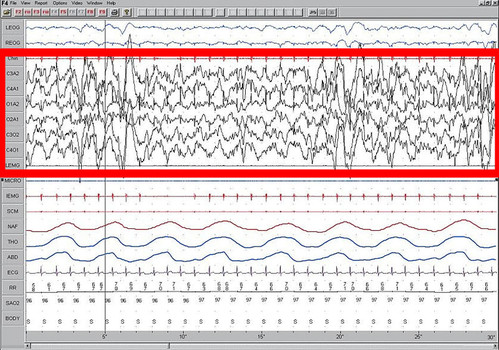Many people have a drink or two before retiring for the night because the alcohol makes them drowsy. Alcohol does make a person drowsy but alcohol also interferes with the production of brain wave patterns that produce restful and invigorating sleep. These are the conclusions of new research conducted by Christian L. Nicholas and colleagues at the University of Melbourne that was published in the edition of the journal Alcoholism: Clinical & Experimental Research.
The study involved 12 men and 12 women between the ages of 18 and 21. None of the participants were problem drinkers and averaged drinking one drink per day. The individual participants drank alcohol or a placebo and then slept. The brain wave patterns of the participants were recorded by polysomnography and electroencephalogram.
The study found that alcohol consumption within an hour of going to sleep initially increased the level of slow-wave sleep as was expected. Slow-wave sleep is also called non-rapid eye movement sleep or deep sleep. A simultaneous increase in alpha wave activity in the frontal part of the brain was also detected. High alpha wave activity indicates disturbed sleep and wakefulness.
The results indicate that drinking to produce sleep does not have the effect expected. The increased wakefulness and increased sleep disturbances can contribute to poor performance at work, in school, and in driving. The continued use of alcohol as a sleep aid only serves to increase the problem. The importance of this discovery is directed to people that are in college where drinking is more of a part of lifestyle although recent investigations show middle-aged people die from alcohol abuse more often than young people.















